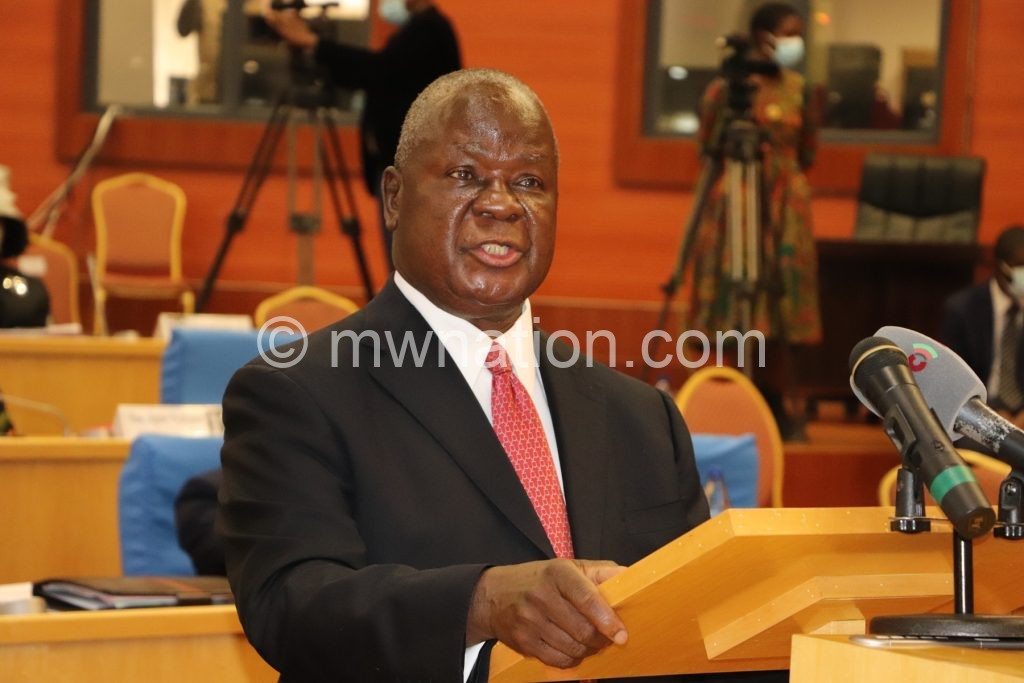Malawi loses 5% of GDP on donor withdrawal
Malawi has lost five percent of the gross domestic product (GDP), about $545 million (K414 billion), due to the withdrawal in donor funding since 2013, a latest FinMark Trust report shows.
The report, titled Malawi Financial Inclusion Refresh, indicates that in recent years, donor funding has accounted for approximately two percent of GDP or $218 million (K165 billion) in recent, having declined from over seven percent or $763 (K579 billion) between 2008 and 2013.

Malaw nominal GDP is currently at K8.1 trillion.
Reads the report in part: “While in 2011 donor spending comprised little more than half of government spending, in 2017, for example, donor spending exceeded government spending.”
In the 2020/21 fiscal year, grants are pegged at K255.7 billion, comprising of K34.8 billion for grants from foreign governments and K221 billion for grants from international organisations.
Donors stopped providing direct budget support to Malawi following revelations of public plunder at Capital Hill in 2013 known as Cashgate.
However, in recent years, Treasury has found itself in a tight corner to shore up expenditure in the national budget by balancing with available resources in the wake of continued withdrawal of direct budget support and dwindling grants since Cashgate was uncovered.
Meanwhile, donors have since changed their mode by preferring to re-channel their assistance to Malawi through non-governmental organisations in case of development budget.
Before revelations of Cashgate, donors used to provide about 40 percent support in the recurrent budget and about 80 percent in the development budget.
Ministry of Finamce spokesperson Williams Banda was yet to respond to our questions, but Minister of Finance Felix Mlusu recently said a closer look at Malawi’s national budget shows that it is skewed towards statutory expenditure.
“Together, these three account for closer to 80 percent of the country’s total expenses,” he said.
In the 2020/21 National Budget, major budget lines on expenses include K523.7 billion for wages and salaries, K376.0 billion for interest payments, K308.9 billion for goods and services, K266.0 billion for social benefits, K177.2 billion for grants, among others.
Economics professor at the Polytechinic Betchani Tchereni said on Tuesday that the declining trend in foreign assistance is a wake-up call for the country to consider inclusive wealth creation.
“It is in so doing that the economy will stop worrying about donor funding,” he said.




